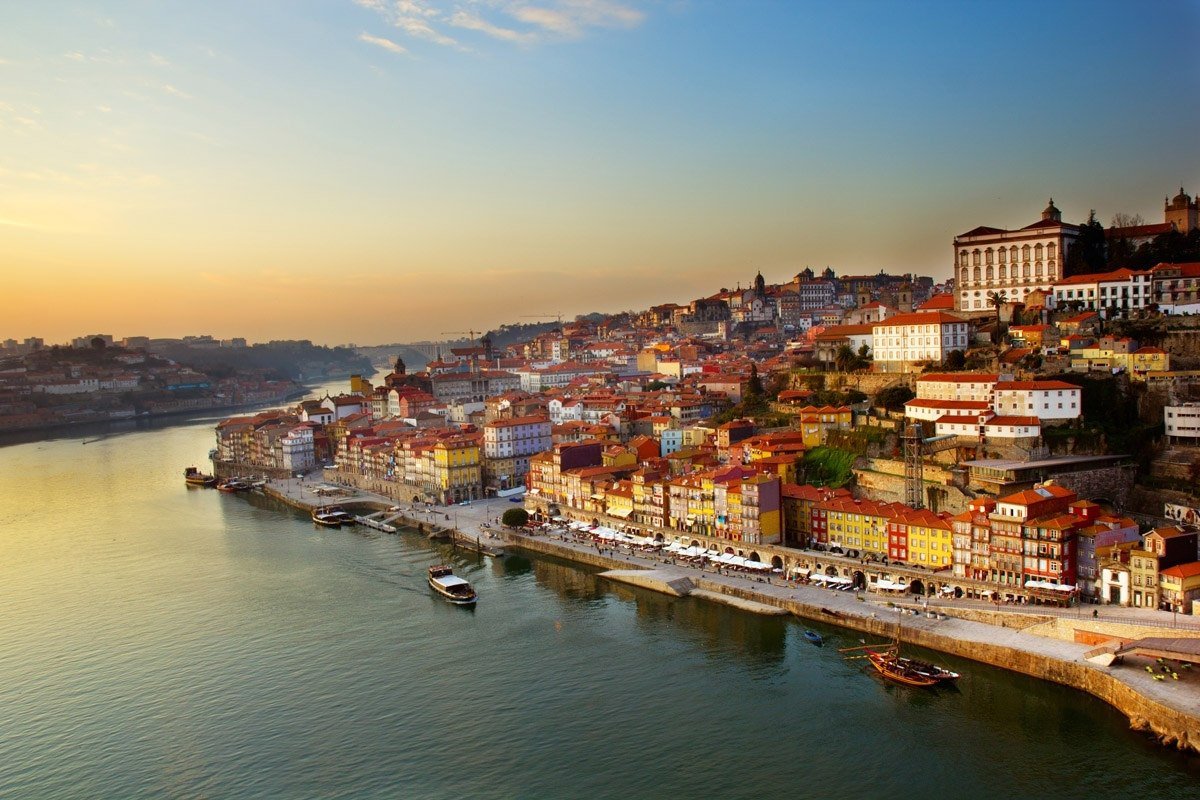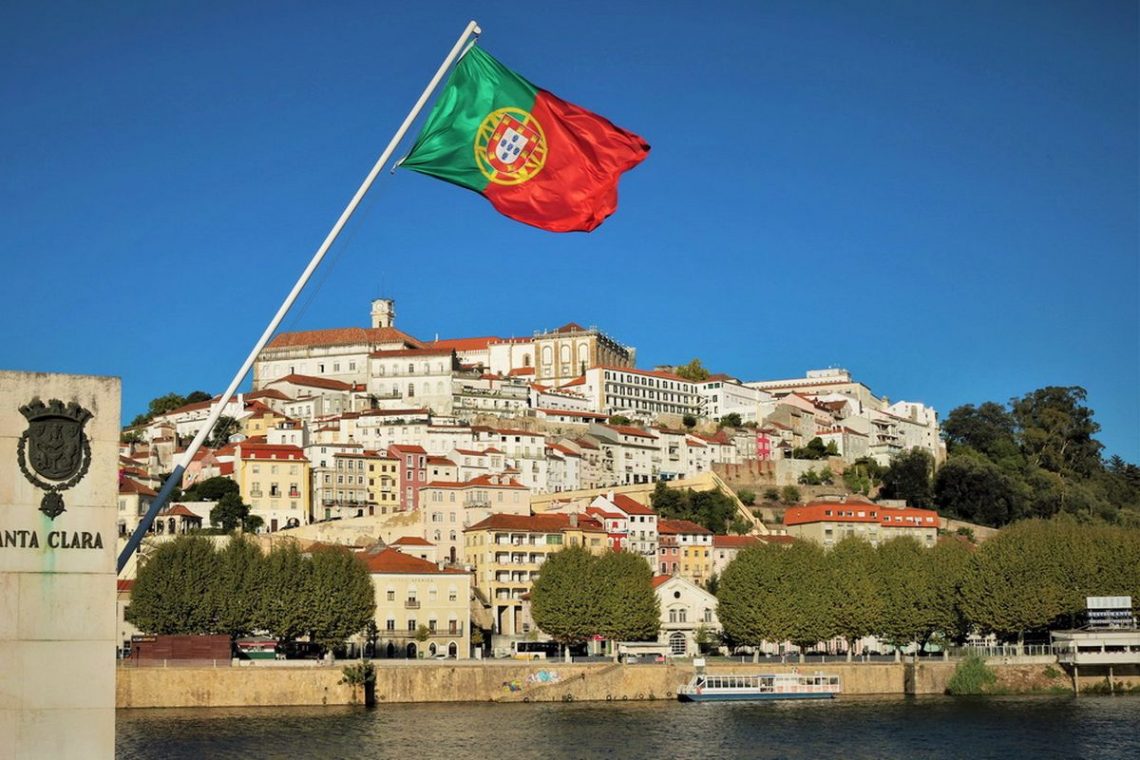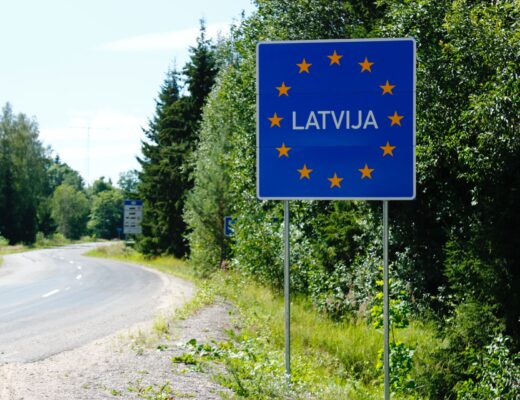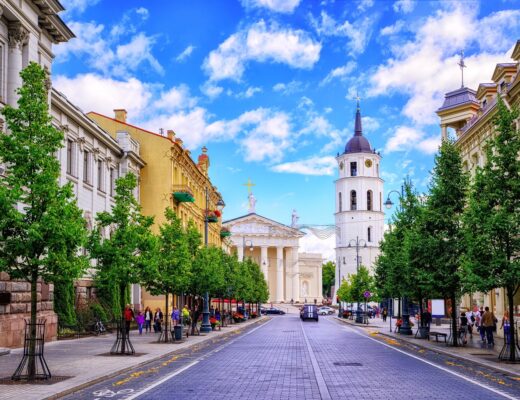Post-crisis economy of Portugal: shortcomings and forecasts
Not so recently, Portugal has experienced a serious economic crisis, the effects of which are felt even after several years. The drastic measures that the authorities had had to take to improve the situation had worked, but the country would recover from them for a long time to come. Portugal’s economy is now gradually stabilizing and the Government’s main task is to address all the effects of the crisis.
Almost all segments, including the railway sector, have been affected. 62% of the roads are in terrible condition and require repair or complete replacement. But according to the latest analysis of rail transport and roads, most tracks are still safe for passenger transportation.
The Portuguese authorities requested financial support back in 2011. When the new Prime Minister came to the leadership, it was decided to reduce spending, with which not everyone agreed. After the change of parliament in 2015, a number of tough measures were left behind, but the salaries of civil servants were returned to their previous level. At the same time, passions flared up within the parties. Not everyone was happy with the measures, politicians continued to compete for the top spot in parliament. But fortunately, these processes did not critically affect the economic recovery and the set budget tasks were fulfilled.
Experts were afraid of the real estate market, which was abandoned by a number of investors. After a time when the situation started to recover and businessmen saw that Portugal fulfilled all the requirements for improving the economy, capital inflow into the segment resumed again.
The results of these efforts were visible in 2017, when significant growth began. The unemployment rate fell to 7% from 16%, which was recorded in 2013.

It took the Government almost 10 years to close the 10 per cent budget deficit. Today, Portugal’s GDP is good, but there are still problems. There is still a large public debt, only Italy and Greece are ahead of the country by its volume.
Strict management policy continues, which is reflected in high taxes, small shares of public investment. The global economic slowdown is also alarming, which is observed in many countries. Investments may decrease, and in the absence of government programs this situation will be devastating for Portugal, which has only gained strength after the crisis.
But overall, the country has excellent prospects. The authorities have primarily focused on the tourism sector, providing all conditions for investors and guests of the country. Annually, the number of tourists increases, which is facilitated by mild climate and almost year-round warm weather. The tourism segment attracts about 10 million people a year, and also provides jobs for the country’s residents.










